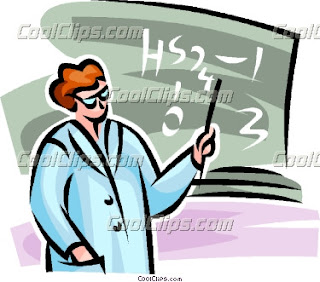Teachers use analogies to build conceptual bridges for students between what is familiar (an analog concept) and what is new (a target concept).
The Teaching With Analogies includes these 6 steps:
(1) Introduce the target concept,
(2) Review the analog concept,
(3) Identify relevant features of the target and analog,
(4) Map similarities,
(5) Indicate where the analogy breaks down, and
(6) Draw conclusions.
sources: http://www.coe.uga.edu/twa/
for example: teaching current circuit using water circuit as analogy of it. Or teaching cell using Cell City diagram as below.
Images here refer to mental images. Mental images are visual representations of a step in a rule or procedure that are visualized in the mind. Unlike pictures, mental images can change to reflect changes in information because they are represented in the learners' imagination.
for example: teaching about neutron, electron and proton. as they cannot be seen, ask the student to imagine that neutron is placed in the nucleus(center) and proton also placed together with neutron in nucleus while electron is rotating around the nucleus.
teachers can use models to help students make sense of their observations, and understand abstract ideas through visualization of
1. object that are too big, too small or positioned so it is difficult for them to be seen easily.
eg: an ecosystem, cell and heart
2. processes that cannot be seen directly. eg: digestion
3. abstract ideas: eg: particulate nature of matter; transfer energy
some examples of science symbols.
M











